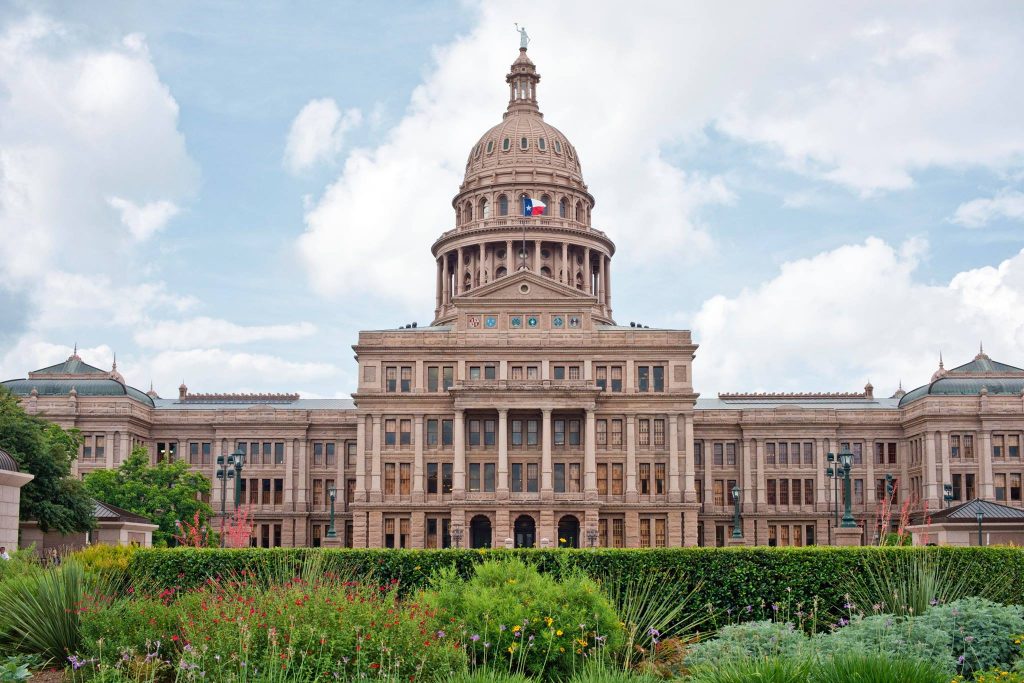Texas Lawmakers Attempt To Redefine History By Banning Critical Race Theory
Samuel Cohn, a professor at the College of Liberal Arts, explains why knowing all of America’s history is important.

Tiarra Drisker ‘25
Texas lawmakers are currently working to revise history lessons through a series of bills that ban teaching the full extent of slavery and anti-Mexican discrimination in public schools. These topics are defined as critical race theory, educational instruction that addresses race as a social construct used to exploit people of color.
This controversy just so happens to be in the same year Juneteenth, a day commemorating the emancipation of African American slaves, became a national holiday.
Samuel Cohn, author of Race and Gender Discrimination at Work and sociology professor at Texas A&M University, explained critical race theory as a theory that attempts to explain inequalities in society. As for the current debate over the theory’s potential banning, Cohn said, “Like any other scientific theory, you have people for and against it and you judge it on its scientific merit.”
Texan government officials have been successful in some of their endeavors to ban elements of critical race theory. For example, a bill limiting the teaching of the 1619 Project, an initiative created to emphasize the consequences of slavery and contributions of Black Americans in relation to the national narrative, has passed the Texas House. This bill also limits teacher-led discussions about current affairs and prohibits students from receiving course credit for political activism and lobbying. Because Texas is one of the leading producers in the American textbook market, this law may cause changes in textbooks across the country.
“If you’re teaching U.S. history, you have to teach the most accurate assessment of history there is and note that’s not a narrow or critical perspective,” Cohn stated. “Truth requires telling students, to the best level of what historical scholarship shows, all available history no matter how it makes the state look.”
Though critical race theory is currently a popular topic of conversation, it was established as a controversial intellectual movement in 1989. The founders of this movement believed political liberalism would never be able to fully address injustice in America because political liberalism only recognized overt racism. Essentially, they aimed to condemn microaggressions and subtle racism the same way that other people condemned violent and blatant racism.
“Critical race theory allows this uncomfortable discussion to happen, but in a place of learning,” Cohn said.
Learning the inequalities other people experience because of race such as stereotyping or racial profiling could either lead to more unity amongst Texans or cause further racial discrimination. Cohn explained that critical race theory is a part of U.S. history and that the public education system cannot ignore this topic.
“You have to let people make a free choice,” he shared. “If you ban critical race theory, youth will come to their own conclusions about race in this country. We should give students scientifically correct and fair minded information. They will do with this information as they please, but at least they will know the correct information.”
